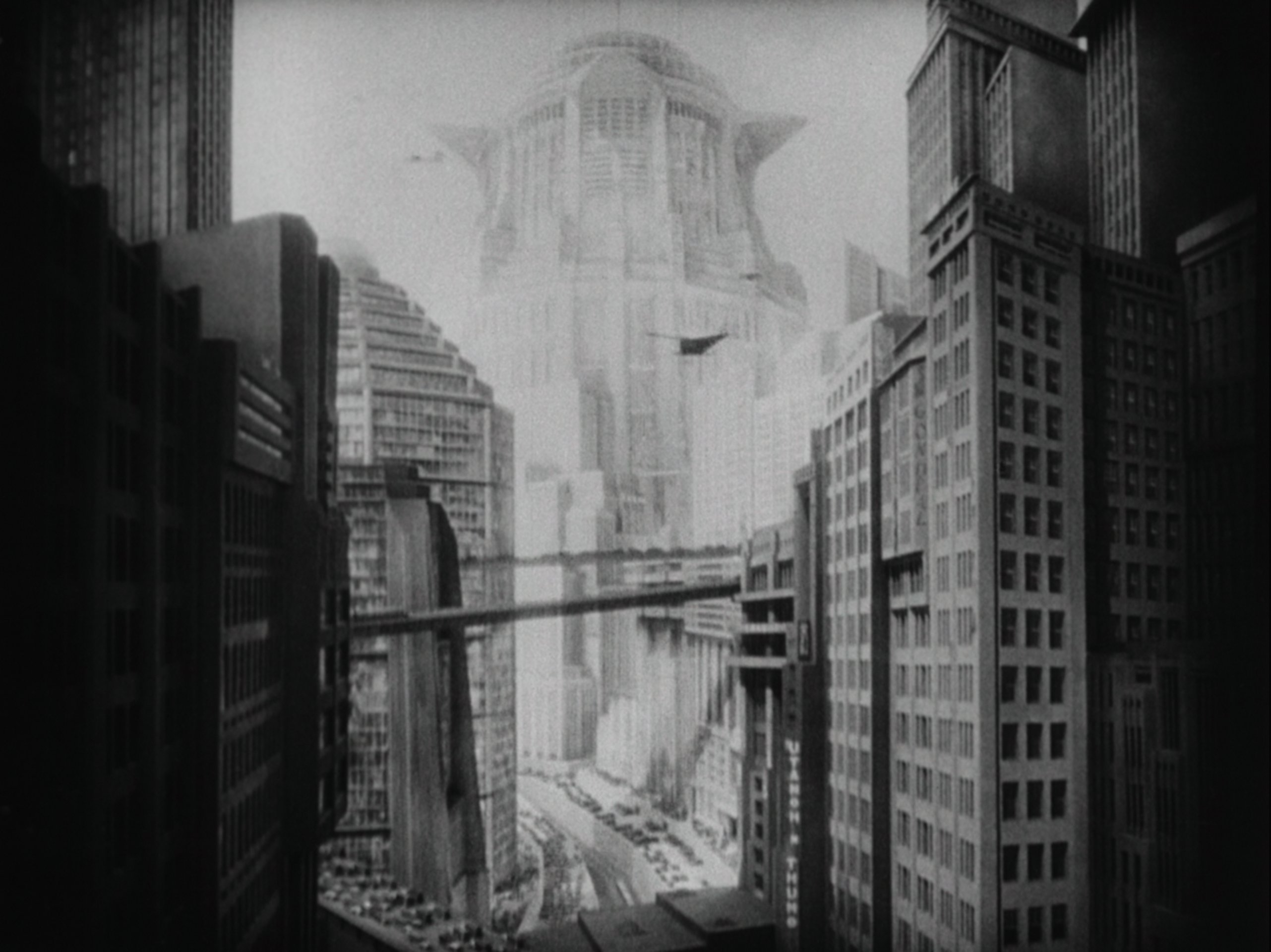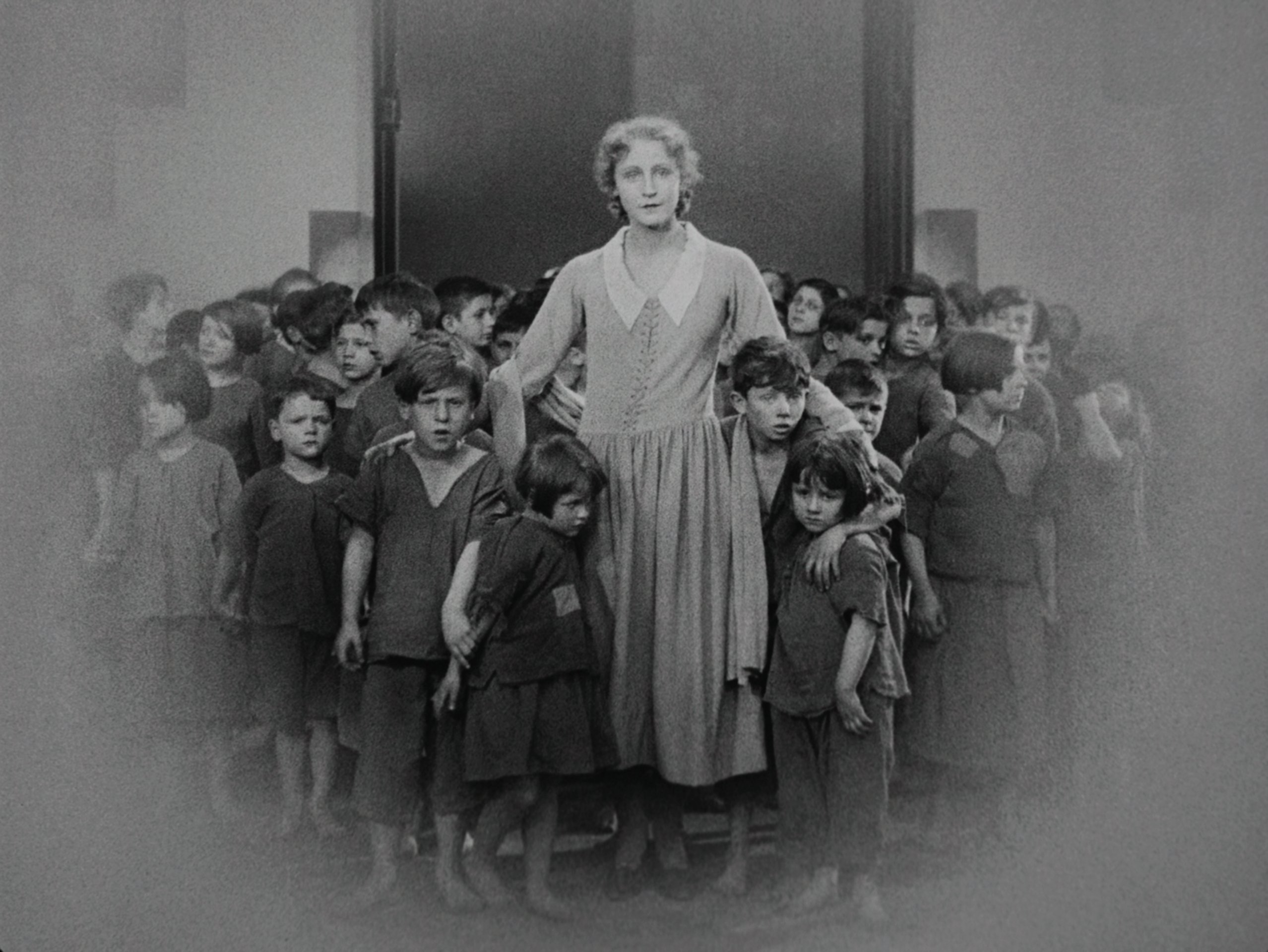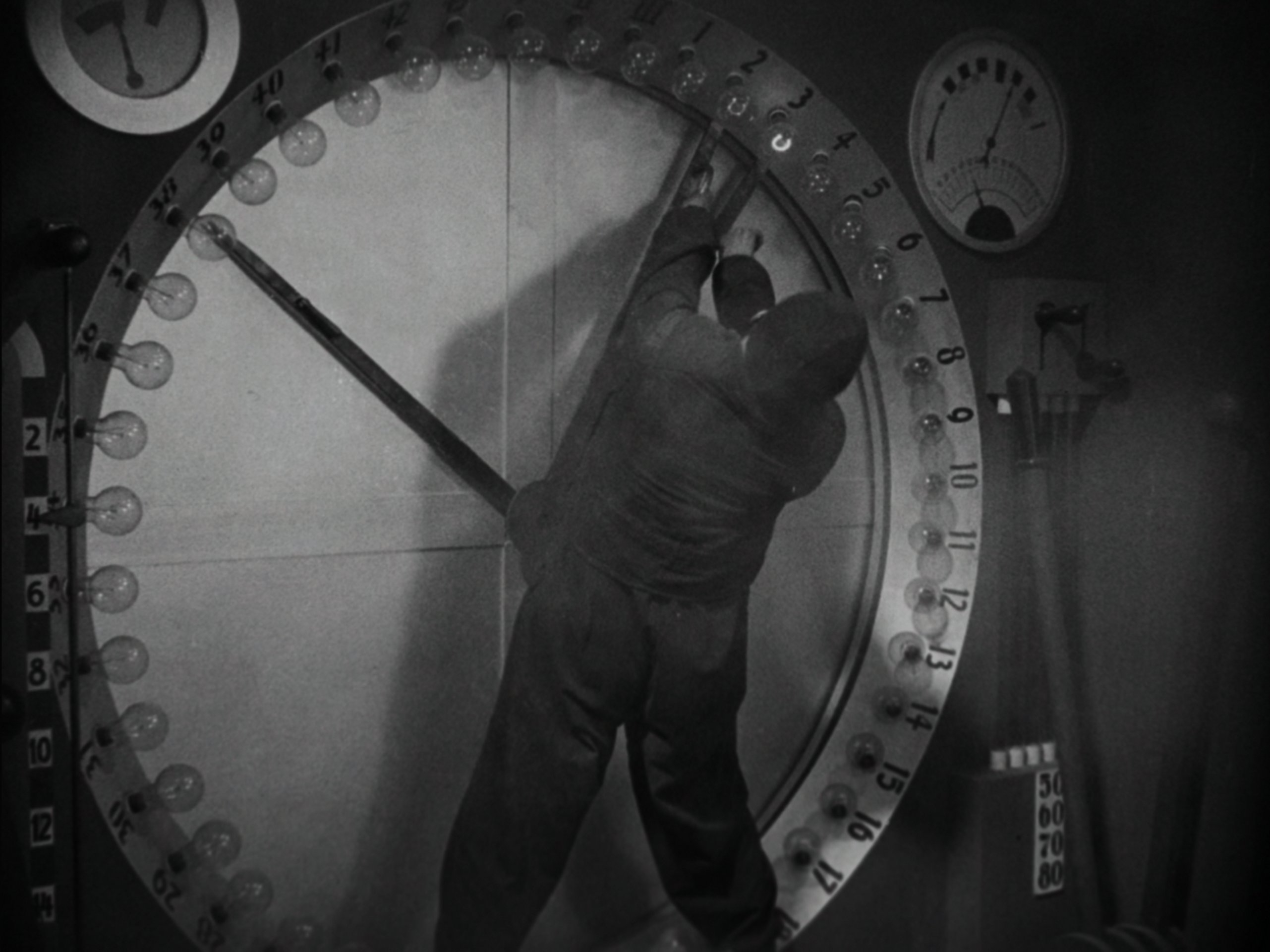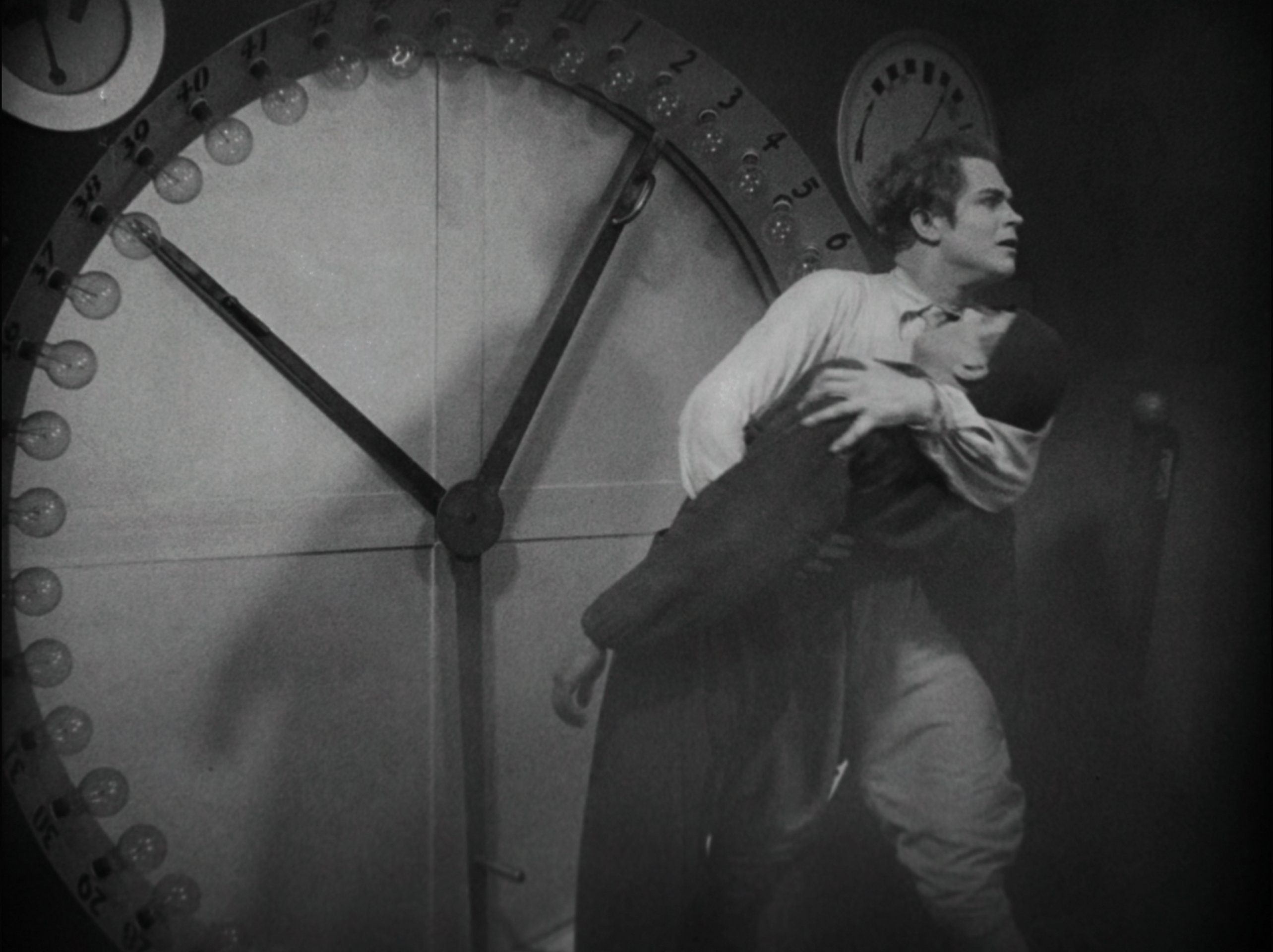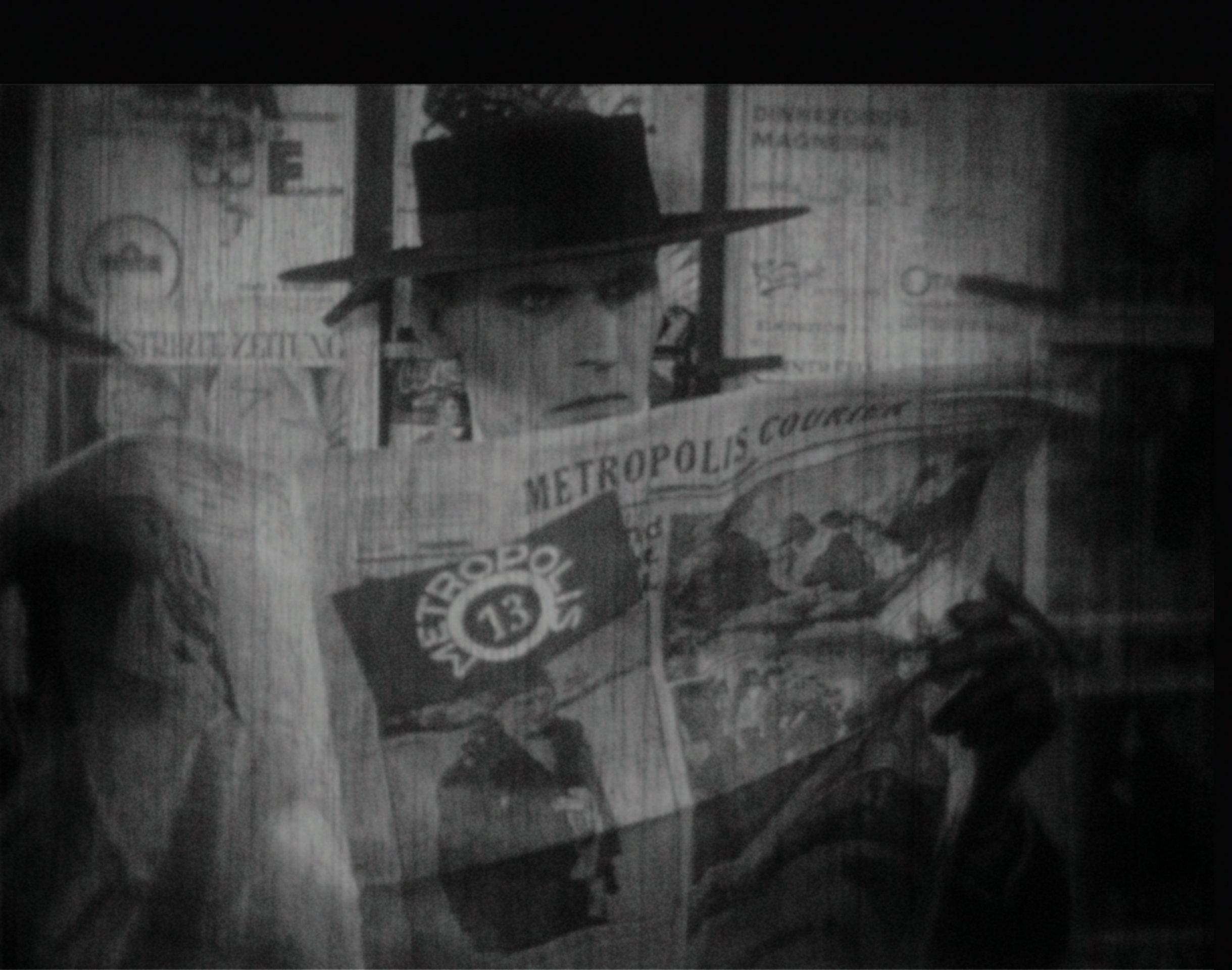Metropolis
(Metropolis)
Germany 1927, 153’
Director: Fritz Lang
Screenplay: Thea von Harbou, Fritz Lang
Cast: Brigitte Helm, Alfred Abel, Gustav Fröhlich, Rudolf Klein-Rogge, Theodor Loos
Producer: Universum Film (UFA)
DCP
Source: Deutsche Kinemathek
A true legend. One of the most significant and widely recognized works of the silent film era. Artistic tour de force by Fritz Lang, a prominent director and a leading figure of the Weimar Republic cinema, challenging Hollywood itself. This was supposed to be the largest film project carried out in the UFA studio in Babelsberg, supervised by the legendary producer Erich Pommer. Metropolis marked the culmination of Lang’s informal trilogy depicting Germany’s past, present, and future (the other parts being Dr. Mabuse [1922] and The Nibelungs [1924], also screened at this year’s Silent Movie Festival). It remains to this day one of the most compelling genre films crafted in an auteur style, as well as the most important work of science fiction of the silent film era, which permanently introduced several archetypal elements: the mad scientist, the robot-woman, and the high-altitude fight scene.
The film was initially criticized for its weak script, written by Lang’s wife, Thea von Harbou. The science fiction novel it was based on was published in 1925 as a standalone book. The critics noted the film’s naive view of the world, excessive simplifications, overly sentimental tone, and an implausible ending. The exaggerated, sometimes almost hysterical acting also drew criticism (as expressionism was already on the decline). Over time, however, the film has gained a cult status, mainly thanks to its outstanding visual style. It included outstanding cinematography by Karl Freund (the man who "moved" the camera), expressionist set designs by Otto Hunte and Erich Kettelhut, brilliant use of lighting, as well as groundbreaking special effects. One of their creators, Eugen Schüfftan, achieved images that were much ahead of their time by combining set models with optical and mechanical effects, using mirrors, masks, scale models, multiple exposure, and stop-motion animation (the so-called Schüfftan effect).
Today, the film not only provides an accurate image of a society consumed by unbridled polarization and social class divisions, but also includes a chilling prefiguration of World War II and the Holocaust. Inspired by the works of Max Reinhardt, group choreographies of crowds of extras in the lower city draw all-too-vivid parallels to images of groups of marching soldiers and concentration camp prisoners, which would soon sweep across the world.
The film plunged the studio into heavy debt and was screened in its original version just a few times. It was sent to be distributed in the USA, where it was disassembled and significantly abridged. The original version of the film from the German premiere day was considered lost for years. The version presented this year, which premiered at the Iluzjon Cinema, is a reconstruction of Lang's film based on approximately 24 minutes of material found in 2008 in Buenos Aires at the Museo del Cine on 16mm film. Presented with original music (scores from the time of its creation have been preserved in the archives).
By Tomasz Kolankiewicz
The screening of the film will be preceded by a lecture by Tomasz Kolankiewicz on special effects in silent cinema.
music: DCP


